Interview with Turkish political scientist Umur Tugay Yücel.
Interview with Turkish political scientist Umur Tugay Yücel.
Much about Syria remains uncertain, and even its near future is hard to predict. In this complex and unpredictable environment, we spoke with Turkish political scientist Umur Tugay Yücel, the author of the book “Decline of US Power and Rising New Powers”.
Yücel shared his views on several critical issues: The likelihood of the country staying united or fragmenting, the external support received by separatist forces, US policy in the region, Türkiye–US relations, Israel’s actions, and Russia’s presence in Syria.
———————————————————————————————————————————-
Open to many scenarios
How do you assess the situation in Syria in terms of the country’s own security, as well as for Türkiye and other regional powers? How serious is the risk of Syria breaking apart?
I would sum it up this way: Syria is a highly fragmented battlefield, shaped by multiple actors and open to many scenarios. These actors include local, regional, and global actors.
At the same time, there’s the internal reality of the Syrian government itself. It’s dealing with a fractured system, yet still trying to maintain unity and preserve a unitary state. In the north, there are separatist Kurdish groups; in the south, Druze separatist movements; and the ongoing threat of ISIS. All these factors leave Syria’s future wide open to different outcomes.
From Türkiye’s perspective, the number one priority is its border security. For that reason, restoring stability in Syria and eliminating terrorism remain Türkiye’s primary goal. Other regional states seem to share this goal. Israel, however, does not, and it has US backing in this regard.
Given these dynamics, the risk of Syria breaking apart remains very real. There is also the possibility of it turning into some kind of federation.
And Syria’s challenges aren’t limited to security. Economically, the country desperately needs recovery. One of the key reasons behind the fall of Assad was that. The Sharaa government today is focusing on the economy as well as security.
A new Turkish military intervention?
Some Syrian media outlets have reported that Türkiye might launch an operation against the Syrian Democratic Forces (SDF), accusing them of stalling their integration into a unified Syrian army. How realistic is such a scenario?
Türkiye has always kept the option of a military operation on the table. In fact, it is already carrying out limited, targeted strikes. Ankara closely tracks the moves of the separatist SDF and adjusts its position according to what they might do next.
We can see that the SDF is not genuinely working toward integration with the Syrian government. Instead, they are playing for time, trying to get support from the US, the UK, other Western states, and even Russia, in order to sustain their presence through diplomatic pressure. But in today’s global environment, how far this can go is questionable. The EU’s reliance on Türkiye is increasing, and relations between Trump and Erdoğan are on a positive track. Trump also approaches issues differently from past US presidents. For him, the SDF is more of a pawn, so he could sacrifice it in exchange for a deal with Türkiye. Israel, on the other hand, is trying to boost the SDF’s value in Trump’s eyes to prevent such a deal.
So yes, a military operation is possible. But Türkiye is moving cautiously, being aware of the costs of conflict and war. That’s why it is exhausting all diplomatic channels before taking further steps.
“Greater Israel Project”
Which foreign actors support the SDF and Kurdish separatism in Syria?
First, the US. Second, Israel. Third, the UK. And fourth, EU states. Yet the US’s policy has changed under Trump. But since this change is tied to him personally, there’s no guarantee it will last once he’s out of office.
The idea of creating a “Kurdish state” in the region has been a Western goal since World War I, perhaps even earlier. In the 21st century, it was rebranded as the “Greater Middle East Project,”. It could also be called “Greater Israel Project.” The support for Kurdish separatism stems from this logic. More separatism, more terrorism, more extremism: ultimately leaving the region unstable and mired in endless crises.
Two sides in the US bureaucracy: Unitarians and federalists for Syria
Reuters has reported that the US pulled its diplomats working on Syrian affairs out of Türkiye. What could be behind this move?
Broadly speaking, it can be seen as a signal of potential policy change.
Trump’s friend Tom Barrack, who was overseeing regional matters, favored a unitary Syria. But under Israeli pressure, that position began to change. For now, uncertainty is still there.
These diplomatic steps might be reflecting support for Barrack’s line. But it’s important to remember that U.S. policy in the region isn’t shaped solely by the president or the White House. Pentagon, CIA, and CENTCOM all play their roles, often with diverging positions. It seems there’s an internal struggle within the US bureaucracy between those who support a unitary Syria and those who push for a federal model.
From a broader and more rational perspective, alienating or even losing a country like Türkiye, a NATO member and US ally for decades, would be senseless for Washington. There are certainly people within the U.S. bureaucracy who recognize this. Yet, there are also others working in the opposite direction.
Türkiye-Israel-US triangle
How constructive has the Türkiye-centered Syria Regional Platform been? Should we expect any change in US policy? And how willing is the US to take Türkiye’s position on the Kurdish question into account?
For the US, the platform was useful. But for Türkiye, that’s debatable, because the key question is how much contact was established with separatist Kurdish groups and what kind of intelligence was shared.
As for US policy, a major shift seems unlikely. If we look at the bigger picture, one thing stands out: backing Israel is non-negotiable for the US. And part of that is the creation of a “Kurdish state”, what Israel itself has officially referred to as a “Second Israel.” Just like in Gaza, the US will support this, even at its own expense.
Washington does take Türkiye’s position into account. But the influence of Israel and the tug-of-war within the US bureaucracy keep producing alternative policies. For that reason, Türkiye has to be prepared for every possible scenario.
The dilemma of the Syrian government
What role does Israel play in Syria’s future? How likely is a security agreement between Syria and Israel, and how would that affect the region’s strategic stability?
Israel already has influence and power in Syria. It occupies Mount Hermon, has set up military bases, and is spreading its presence toward Quneitra, conducting operations as close as 20 km from Damascus. Right now, there’s nothing in Syria that effectively stops Israel. Whether Syria wants it or not, that reality increases the chance that Damascus might consider a security agreement with Israel.
But put this in context: with allegations of genocide in Gaza, more countries recognizing a Palestinian state, a US ally like Qatar being targeted, and a government that backs Sharaa under bombardment, would signing a deal with Israel be wise or effective for Damascus? I don’t think it would strengthen the Sharaa government; on the contrary, it would likely weaken it.
So, Syria faces a dilemma: trying to strike a deal with Israel to gain breathing room is one problem, but managing the backlash and the consequences of such a deal is another.
“Netanyahu is more wary of Putin than of Trump”
What will happen to Russia’s bases in Syria? Can Russia’s presence balance US and Israeli influence? Are there other actors that want to keep a military foothold in Syria?
Many expected Russian troops and bases to leave Syria, but that didn’t happen. During the recent Syrian delegation’s visit to Russia, issues such as Russian patrols near the Israeli border, military agreements, economic deals, and security training were explicitly discussed again. That underlines a historical reality: Russia is a long-term partner for Syria. Syria and Russia are intertwined across many areas, so abruptly cutting that tie would be illogical.
There’s also the Russia–Israel dynamic. Netanyahu is more wary of Putin than of Trump, so he stays in close contact with Moscow not to seek support but to inform in advance. For example, when Israel struck Iran, the Russian-built nuclear facilities were not hit.
Russia’s presence is definitely a balancing factor against the US and Israel. The Sharaa government understands this, and they have little alternative. For these reasons, I don’t expect Russian bases to close; recent talks and statements point to a continued Russian presence.
“Syria must not fragment”
What changes should we expect in Syria next?
The situation is critical. One thing is certain: Syria must not fragment. If it does, Türkiye and other states in the region will suffer a lot. The goal for regional countries should be to cooperate with local actors to ensure Syria’s security, stability and unitary structure.







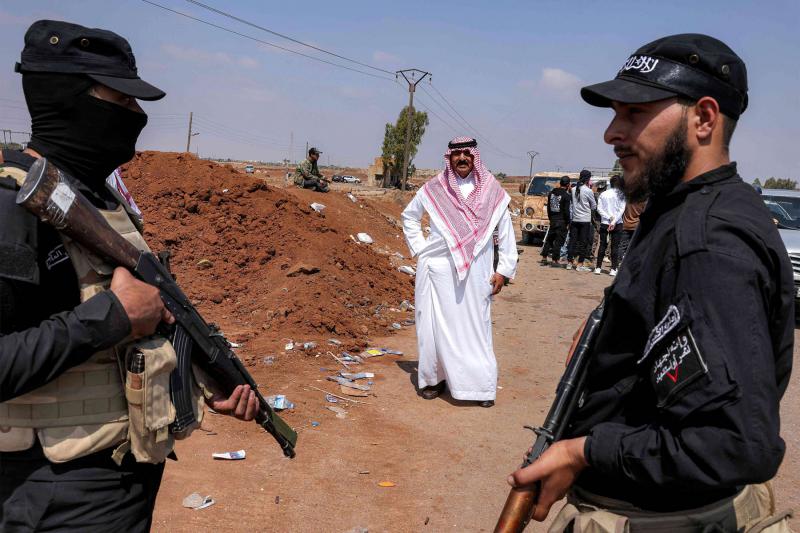

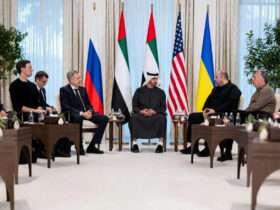
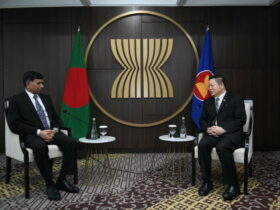
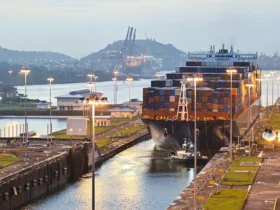
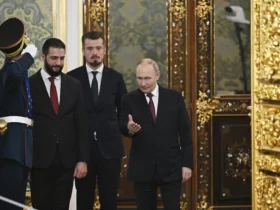
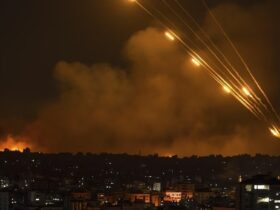

Leave a Reply